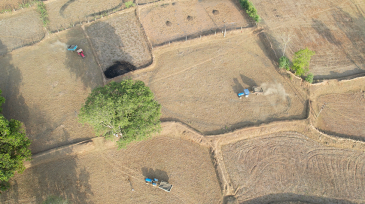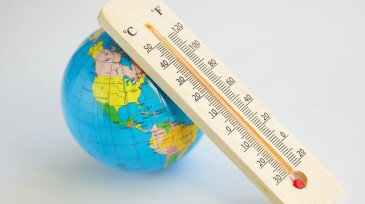climate change
-
This article is the fifth in a Q&A series from the SPE Research and Development Technical Section focusing on emerging energy technologies. In this edition, Shantanu Agarwal, founder and CEO of Mati Carbon, discusses how the company’s approach to carbon removal led to winning the Musk Foundation’s XPRIZE in 2025.
-
Experts speaking at CERAWeek 2025 lauded industry's shift from focusing on the energy transition to prioritizing oil production.
-
DNV’s Energy Transition Outlook 2024 projects continued growth in solar; slower growth in wind; and declines in coal, oil, and gas, while hydrogen and carbon capture projects are struggling.
-
Chief Sultan Al Jaber told attendees in Dubai that declarations have been made on topics ranging from food to heavy emissions.
-
A retired petroleum engineer read the 2021 report on climate change from the UN Intergovernmental Panel on Climate Change and offers his insights on the complexities and nuances of climate science.
-
Satellite imaging of methane emissions offers the fossil fuel industry the empirical data it needs to fix problems that companies might not even know they have before the EPA starts to levy fines in 2024.
-
Among the outcomes from COP27 that SPE will be discussing in future meetings and publications are the participation of the oil industry in the conference, decarbonization vs. reduction, and attempts to phase out petroleum. Also, read about how SPE Energy Stream selects and presents live and on-demand programming.
-
Nearly 100 authors contributed to The Lancet's annual report on climate change and health, which detailed how heat waves, drought, and air pollution are killing thousands.
-
A panel discussion at Canada’s Safest Employers Awards centered on climate change as one of the top risk factors safety experts need to prepare for as they help guide their organizations into an uncertain future.
-
Increasingly intense heat waves, wildfires, and droughts are forcing costly adaptations.
Page 1 of 8










